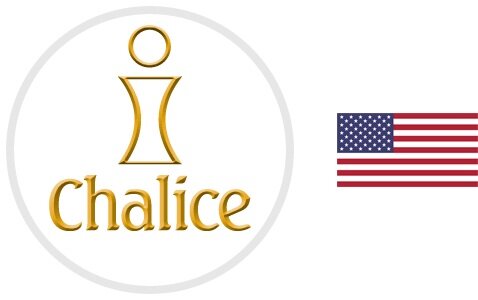Increasing the level of adult literacy in Kenya
The Mombasa site works in a community called Kikambala, which has a relatively high proportion of elderly men and women. These elders were kept from accessing basic education, and they are in turn unable to teach their children literacy skills. As a result, there are generations of low-literacy adults in their community.
The site staff created a program to increase the level of literacy in Kikambala, with an aim to reduce poverty and empower elder adults to be leaders in their community. This program also supports parents to take a role in their children’s literacy education.
In this cohort, 35 adults (including 25 sponsored adults) enrolled in basic education and life-skills courses. The curriculum covers reading and writing in both English and Kiswahili, mathematics, financial literacy, and basic computer skills.
“We have two qualified adult instructors working to help the learners achieve their goals,” describes Sr. Janefrances, Mombasa site director, as well as and four social workers as supports. The classes have shifted – afternoons and evenings.
“The learners are very happy and are actively participating in their various classes,” she reports happily. They are already getting comfortable with practical math skills, reading short sentences, and responding to English greetings.
Many learners are gaining the skills to access jobs that they could not do before. The Mombasa site also hopes that more informed elders will lead to an overall improvement in Kikambala’s living standards.
“We have already some positive impacts from the community,” Sr. Janefrances says, because the class is attracting learners from outside the sponsorship program. An expanding circle of people are taking the time to learn and to value education.
“We are hoping to train more and more parents by the end of the program,” she says, “who will be able to transform their lives, families, and the society at large.”
“Much gratitude from the site, families, and community for the kind gesture to our beneficiaries for making this programm a reality.”

